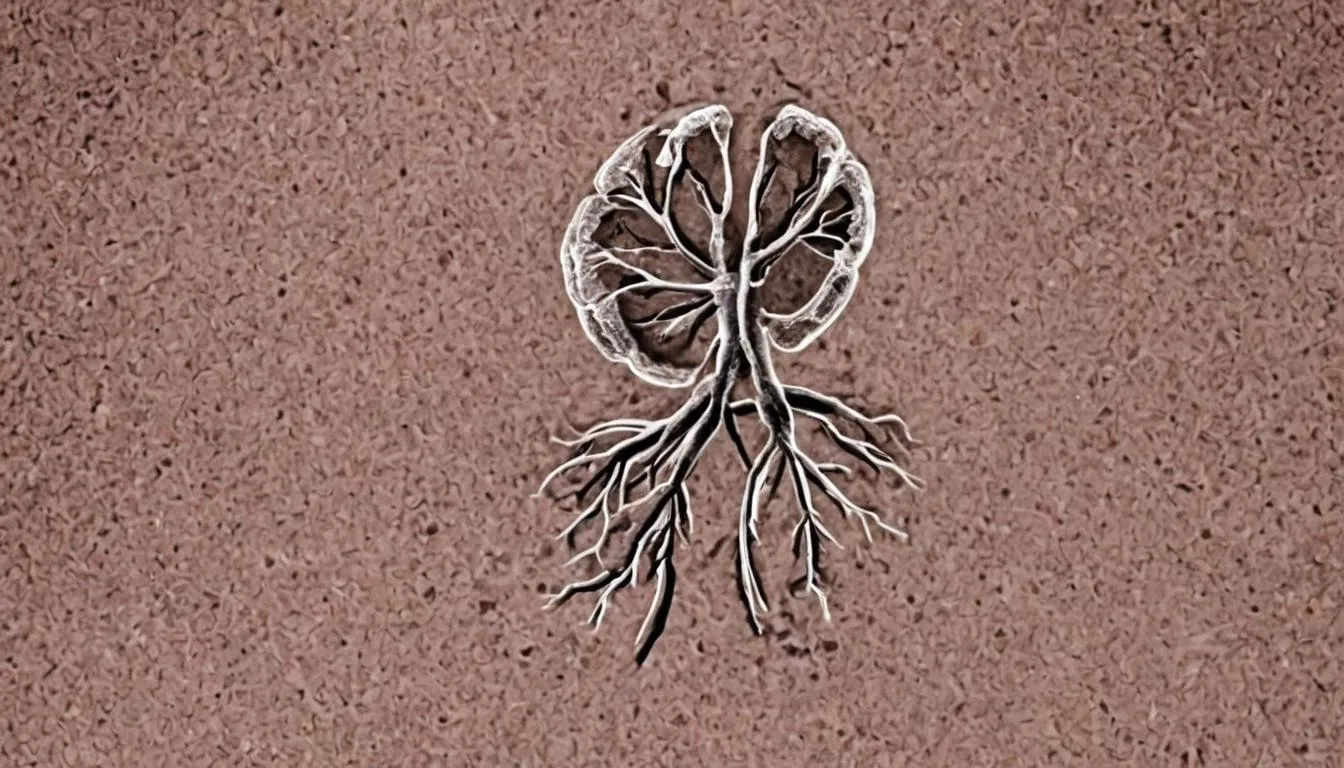Infectious mononucleosis, commonly known as mono or the kissing disease, is a viral illness caused by the Epstein-Barr virus (EBV). It predominantly affects adolescents and young adults, but can also impact individuals of any age. Here’s everything you need to know about mono:
Symptoms of Mono
- Fatigue: Often the most prominent symptom, which can persist for weeks or even months.
- Sore Throat: Can be severe and may exhibit white patches.
- Fever: Typically high, lasting for one to two weeks.
- Swollen Lymph Nodes: Particularly noticeable in the neck and armpits.
- Swollen Tonsils: Can lead to difficulty swallowing.
- Headache: Can be quite intense.
- Rash: More common in children, usually presenting as a pink, measles-like rash.
- Enlarged Spleen or Liver: Less common but possible.
How Mono is Transmitted
- Saliva: Primarily spread through saliva, hence the nickname “kissing disease.”
- Shared Objects: Can be transmitted through sharing drinks, utensils, or other objects contaminated with saliva.
- Bodily Fluids: Occasionally spread through blood or other bodily fluids.
Diagnosis of Mono
- Symptom Observation: Based on the presence of characteristic symptoms.
- Physical Examination: Checking for physical signs like swollen lymph nodes and tonsils.
- Blood Tests: Used to detect specific antibodies to EBV or atypical white blood cells.
Treatment for Mono
- Rest and Hydration: No specific antiviral treatment; focus on rest and fluid intake.
- Pain Relief: Over-the-counter pain relievers for fever and pain.
- Activity Avoidance: Avoid strenuous activity to reduce the risk of spleen rupture.
- Sore Throat Soothing: Gargling with salt water can help alleviate a sore throat.
Recovery from Mono
- Time Frame: Most people recover fully within 2-4 weeks.
- Extended Fatigue: Fatigue can last for several weeks or months post-recovery.
Important Note: If you suspect you have mono, it is crucial to see a doctor for a proper diagnosis and to rule out other possible conditions. Always consult with a healthcare professional for any health concerns.
you must read: A Day in the Life of a doctor: Secrets You Won’t Believe – Singhvi Online
you may like: Why Vitamin E is Required by our body – Singhvi Online


Leave a Reply